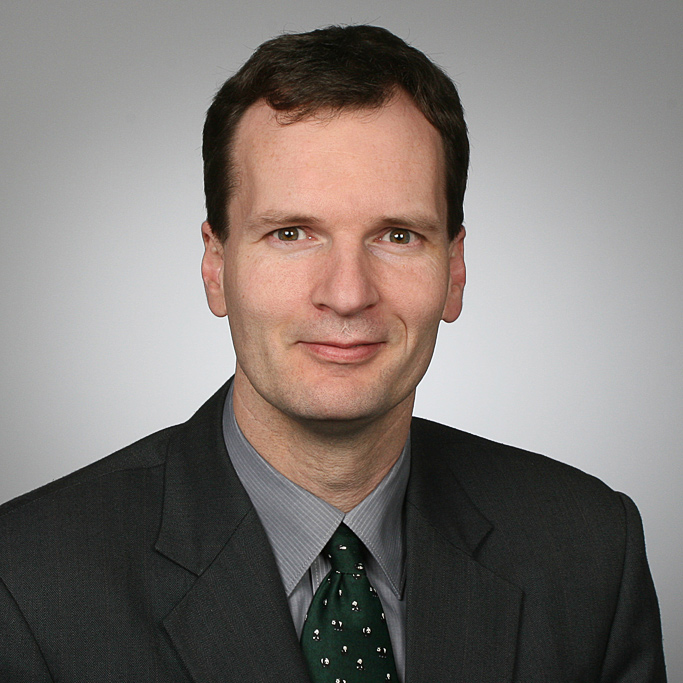DIRK UWE SAUER
Advance Battery Power and its role on Energy Transition
Abstract
The future energy system will be dominated by electricity as the primary energy source, which will be generated primarily from wind power plants and photovoltaic systems. Some electricity will be converted to other liquid or gaseous energy carriers via hydrogen, but overall more and more applications will consume electricity directly. These include, for example, passenger cars, where an electric powertrain with battery will replace today’s internal combustion engine using petrol or diesel fuel. In order to adapt the fluctuating power generation from wind and sun to consumption, there will have to be large-scale energy storage, and batteries are a very good option for this. Today, lithium-ion batteries are mainly used. The presentation will discuss the need for battery storage in different areas of application as well as the current state of the art, the variety of technological variants and the technological innovations that may be expected in the coming years. In addition, it will be analysed for which areas of application an economical or a technically necessary operation is expected.
Biography
Dirk Uwe Sauer if professor for Electrochemical Energy Conversion and Storage Systems at the Institute of Power Electronics and Electrical Drives (ISEA) at RWTH Aachen University since 19 years. He is a specialist for all aspects on system integration of batteries incl. testing, characterization, ageing, modeling, diagnostics, lifetime prediction and field integration into any type of mobile or stationary applications. His chair has about 75 full time employees and more than 60 students as student assistance, or in bachelor or master thesis. He is a member of the National Academy of Science and Engineering (acatech) and the Berlin-Brandenburg Academy of Sciences and Humanities (BBAW). For the three national science academies he is the director the policy-counseling project “Energy Systems of the Future (ESYS)” on all aspects of the “Energiewende”. He also the co-founder of 4 spin-off companies.
